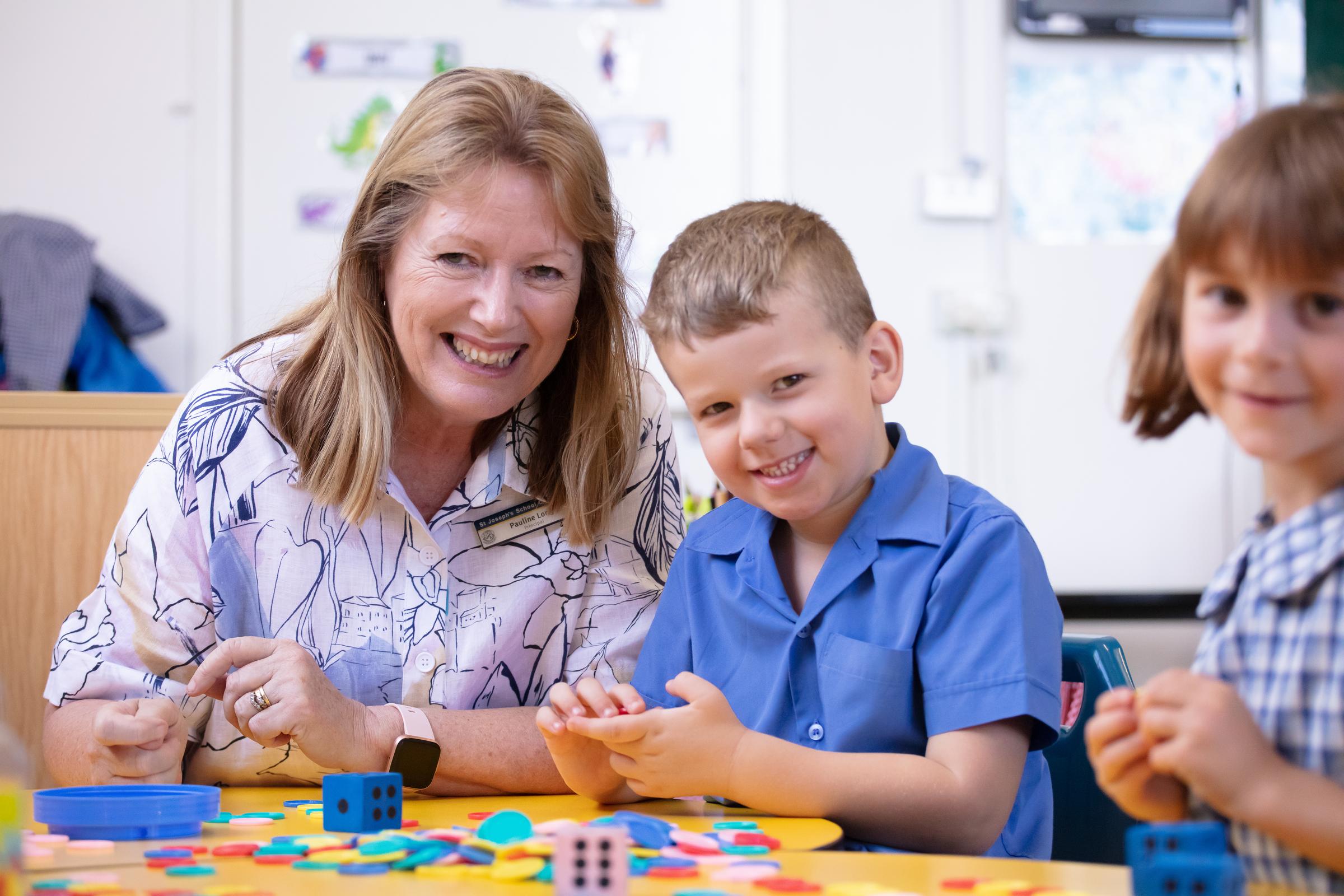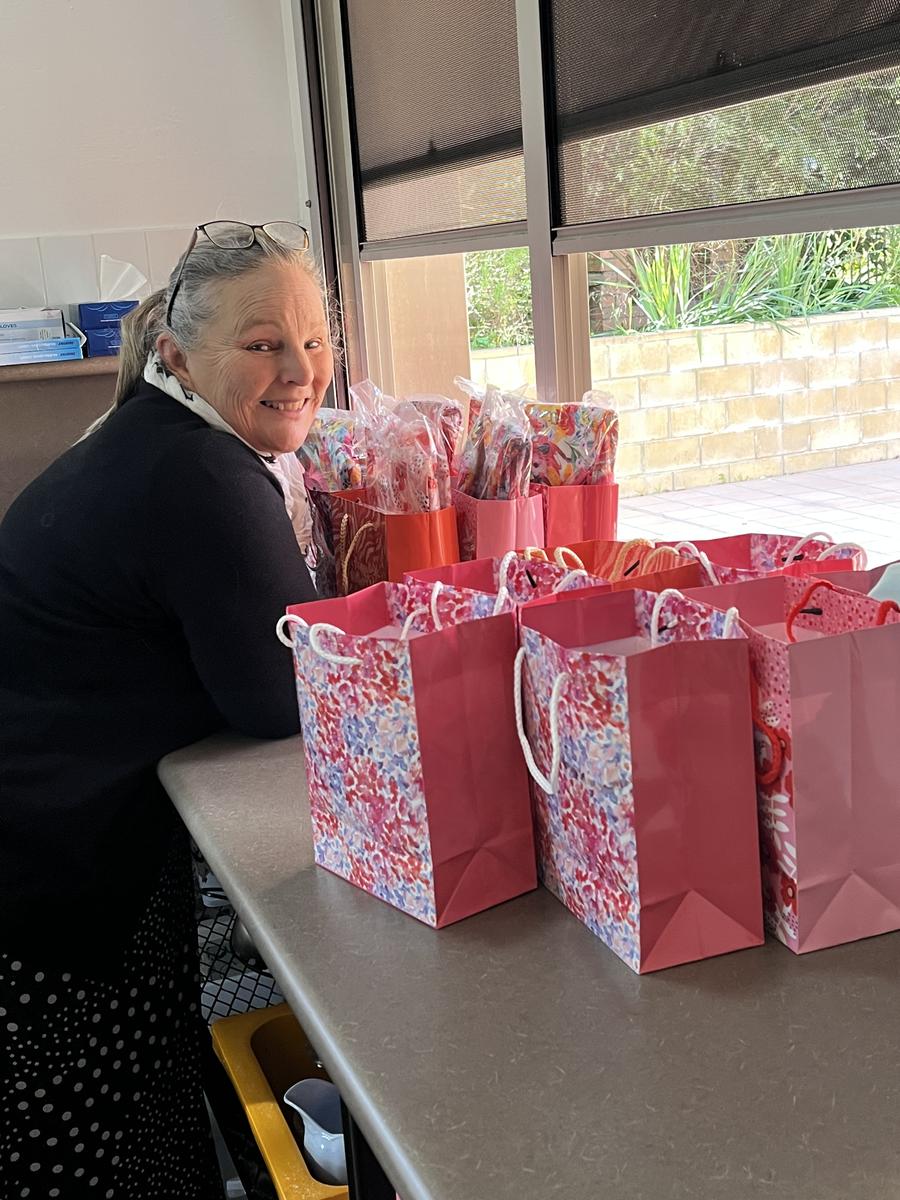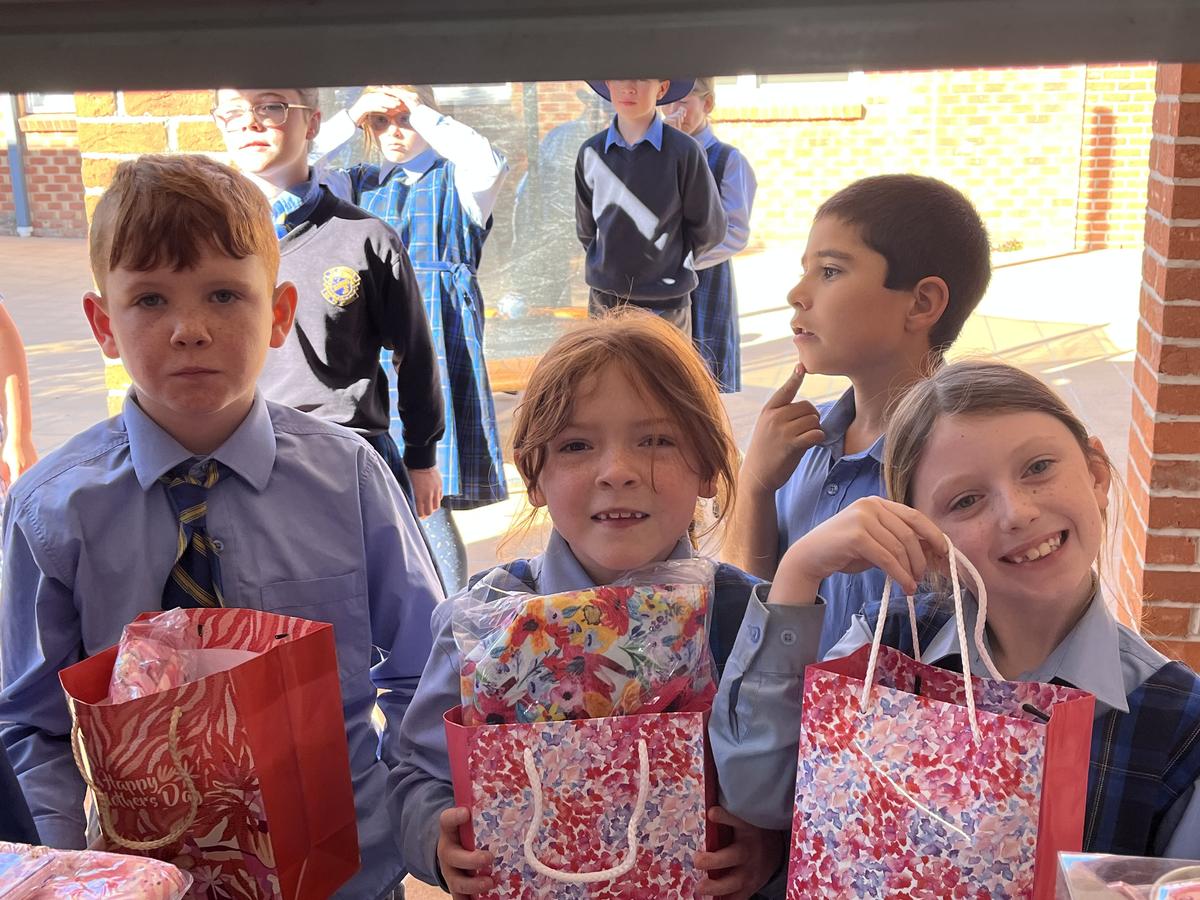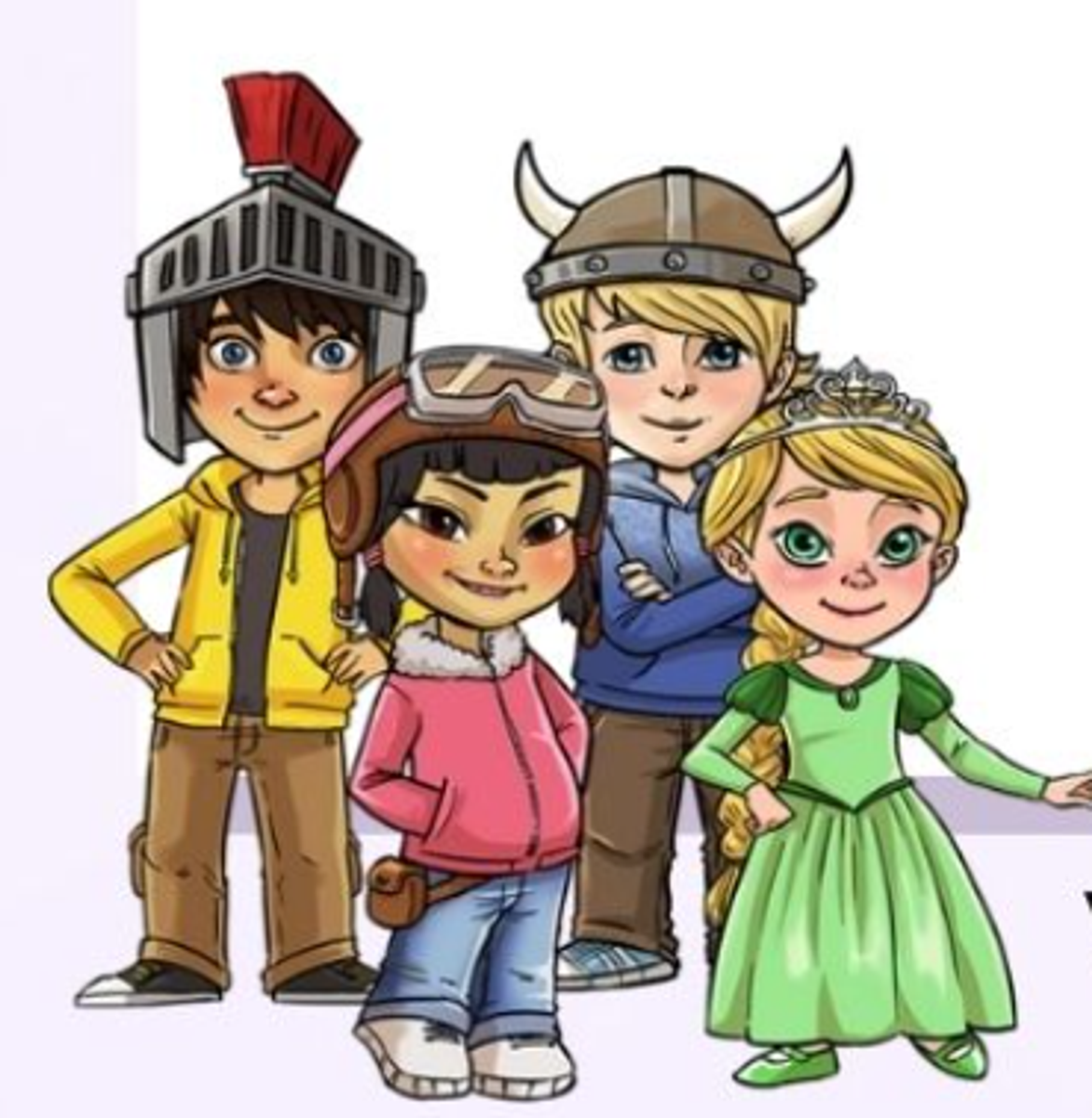A Message from the Principal
Mrs Pauline Long

A Message from the Principal
Mrs Pauline Long
Thank you
I trust all our mums and nans had a wonderful Mother’s Day and enjoyed spending time with your children. Special thanks to Kate Thompson for coordinating the Mother’s Day gifts once again this year. Your children had fun selecting a gift for you!




Our Writing Journey
The four key strategies to up-level students’ speaking or writing are known as VCOP which stand for: Vocab, Connectives, Openers & Punctuation. Special characters and specific colours help the students remember these elements of writing.
Vinny Vocab Connie Connectives Ollie Openers Penny Punctuation


Vocabulary – words and phrases that make us go WOW
Wow words are words and phrases that we don’t usually write or say. When we do, it sounds more sophisticated. Start listening to what words your children use regularly, and then help them build on them by modelling higher-level language.
Connectives- words that we use to join thoughts, paragraphs, and ideas together.
Connectives are used to join one part of a text to another. They can join thoughts, ideas, and paragraphs together to create flow within the text and add more detail. Connectives can be conjunctions, prepositions or adverbs. The simplest connectives to use are: and, because and then. More complex ones are: after, so, or, while and however.
Openers – words or phrases used to start sentences.
Openers are the words and phrases used at the start of sentences. When children start on their writing journey, most sentences begin with 'I' or incorrectly 'Me'. To develop this, first of all, correct the grammar, then build on it by using varied openers.
Punctuation - carefully selected to create an effect (but we will link it closely with punctuation to ensure we are grammatically correct as well).
Punctuation helps us to create fluency in the piece. It tells us where to start and stop and how to say the words.
Most of all, have fun reading your children's writing and encourage their effort.
This week, along with all the Principals in our diocese, I will be in Wollongong attending the Association of Catholic School Principals Conference. A special welcome and thank you to Darryl Martin who will be acting Principal this week.
Have a happy and safe week
Pauline Long
Principal